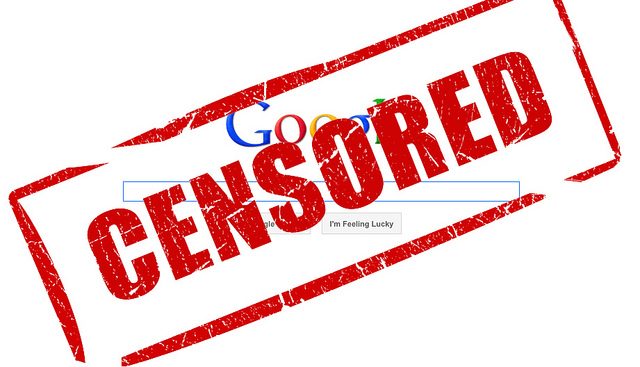In the last few weeks we’ve heard a lot about ad-blocking software and apps: tools enabling users to surf the internet without being bothered by banners, pop ups or other advertising content. The phenomenon is not new but the debate was recently re-ignited by Apple, when the company announced it would allow dedicated ad-blocking apps to run on the latest version of its own mobile operating system, iOS.
From now on, iPhones will grant their users the opportunity to access advertising-free mobile internet. The switch to iOS9 has already caused a peak in ad-blocking app downloads from iTunes and estimates for 2015 predict 22 billion dollars in advertising losses due to ad-blocking.
The direct impact of mass adoption of ad-blocking software will be quantifiable very soon. It could result in a review of other possible online income strategies, starting with native advertising.
The problem is no doubt connected with the way publishers have bombarded online readers with annoying ads for years.
But ad-blocking should also be framed in a wider context, as was underlined by Nilay Patel, The Verge editor-in-chief in a recent op-ed. Patel argues the issue is connected with power concentration over the internet among the big Silicon Valley companies. In this context, as Emily Bell declared in London at news:rewired in July, journalism faces the risk of becoming an unconscious commodity exchange, losing control of its own content and borders.
According to Patel, until now Google has been the major player in managing online advertising, thanks to the DoubleClick for Publishers platform, which provides ads to a lot of online news outlets, and AdX, which provides programmatic ads.
As is widely known, a vast part of Google’s income comes from advertising. By pushing for more ad-blocking on its mobile environment, Apple is declaring war against Google on the mobile battlefield – an increasingly valuable arena for media consumption and advertising.
Notably Apple endorsed ad-blocking immediately after the launch of Apple News, it’s proprietary app for news consumption which comes with advertising-sharing deals with publishers. With Apple News, iPhone users are promised the best possible user experience for article consumption, and publishers the chance to reach a massive user base. There is clear a link between Apple News and ad-blocking.
Apple wants to enter the mobile news business to introduce a new mobile publishing standard which is also effective from an advertising perspective. This will take into account that banner advertisements are less effective on mobile browsers as they do not display well. The message to publishers seems clear: if you want to reach iPhone users and have effective advertising, join Apple News.
Publishers who sign the deal with Apple – or with Facebook, Google or other tech companies – may benefit in the short term from these programmes, both in terms of reading experience and advertising effectiveness. But in the long term, the impact on journalism at large may be much more systemic. When Facebook recently introduced its own journalism-oriented Instant Articles programme, the battle among internet giants – and their platforms – became even sharper. It may soon become a battle conducted over journalism and, more generally, the web.
Articles published originally in Italian and translated by the author
pic credit: LoKan Sardari / Flickr CC
Tags: ad-blocking, Apple, digital news, Facebook, Google, iOS, iPhone, mobile publishing














































